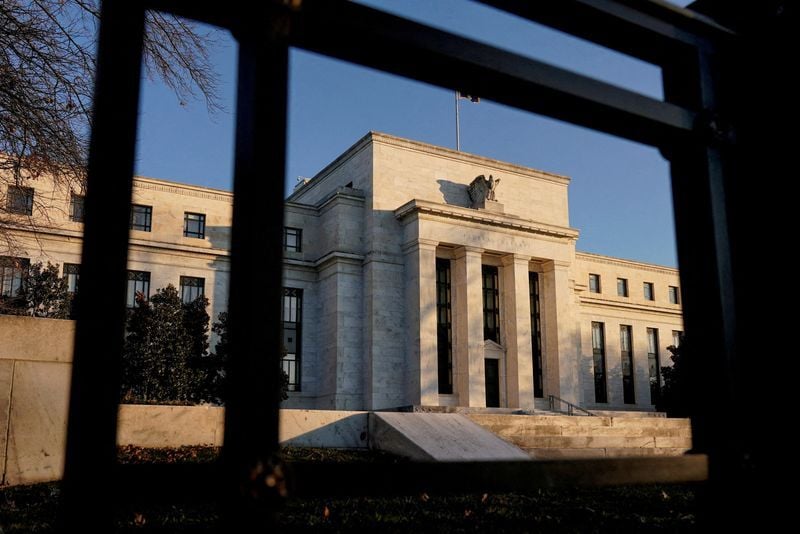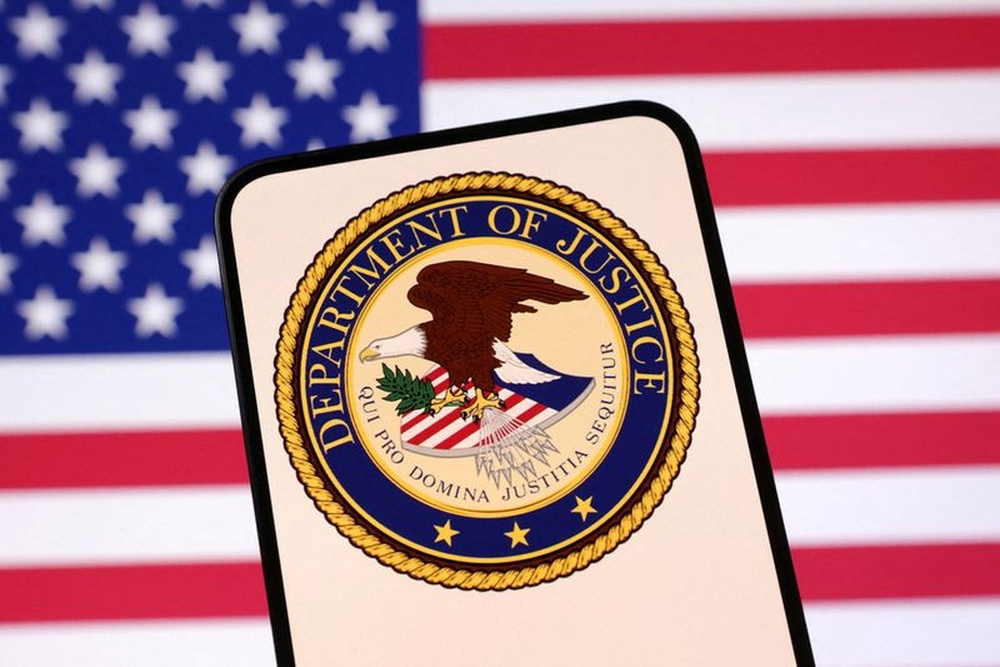U.S. Withdraws Nonessential Staff from Baghdad Embassy as Tensions with Iran Rise
#united states #baghdad #embassy #iran #tensions #withdrawal

About the People Mentioned
State Department
The U.S. Department of State, also known as the State Department, is the oldest federal department in the United States, established in 1789. It serves as the primary agency responsible for conducting U.S. foreign policy and diplomacy. The Department is headed by the Secretary of State, who acts as the President's chief advisor on foreign affairs. The State Department's mission is to protect American citizens abroad and advance U.S. interests globally. Historically, the State Department has played a crucial role in significant diplomatic efforts. During the Civil War, it worked to prevent European recognition of the Confederacy, ensuring the Union's international isolation. In the 19th century, the Department was structured into various bureaus, including diplomatic and consular services, which were responsible for promoting American commerce and assisting citizens abroad. Over time, the Department's structure has evolved to meet changing global circumstances, with notable reorganizations in the late 19th century. The State Department's current relevance is evident in its ongoing role in international relations, treaty negotiations, and global security efforts. It manages diplomatic missions worldwide, including embassies and consulates, and oversees various programs such as the Foreign Service Institute and international narcotics control. Recent events have highlighted the Department's adaptability in addressing global challenges, including shifts in geopolitical power structures and technological advancements. The State Department continues to be a vital component of U.S. foreign policy, engaging in diplomatic efforts to address contemporary issues such as climate change, international trade, and security threats. Its role in shaping U.S. relations with other countries remains central to American foreign policy objectives.
About the Organizations Mentioned
Embassy in Baghdad
The **U.S. Embassy in Baghdad** is the largest American diplomatic mission globally, sprawling over 104 acres—comparable in size to Vatican City—and serving as the central hub for U.S.-Iraq relations[3][1]. Established in its current form in January 2009 after replacing the earlier 2004 embassy in Baghdad’s Green Zone, it represents a significant U.S. commitment to Iraq’s political, economic, and security landscape[3][4]. The Embassy’s multifaceted role includes advancing U.S. interests through diplomatic engagement with the Iraqi government, local officials, NGOs, and international partners. Its **Political Section** addresses a wide array of issues such as Iraqi domestic politics, regional relations, human rights, and religious freedom, ensuring that the Ambassador and Washington leadership are well-informed[1]. The **Economic Section** promotes bilateral trade, supports economic reforms favoring open markets, and advocates for Iraqi businesses[1][2]. The **Consular Section** provides essential services including U.S. passport issuance, visa processing, and emergency assistance to American citizens in Iraq[1][6]. Security is paramount given Iraq’s volatile environment. The Embassy houses a **Regional Security Office (RSO)** staffed by Diplomatic Security Service agents, Marine guards, and local personnel, coordinating comprehensive protection for the compound and consulates in Erbil and Basrah[1][5]. Despite stringent security measures, the Embassy has faced attacks, notably during late 2019 and early 2020 amid regional tensions involving militia groups and Iranian-aligned forces[3]. Historically, the Embassy has played a pivotal role in supporting Iraq’s reconstruction, rule of law, and capacity-building efforts, transitioning from a primarily military-supported presence to a civilian-led diplomatic mission as U.S. forces have drawn down[2][4]. Staffing peaked at around 16,000 in 2012 but has since decreased to under 500 personnel by 2020, reflecting evolving U.S














